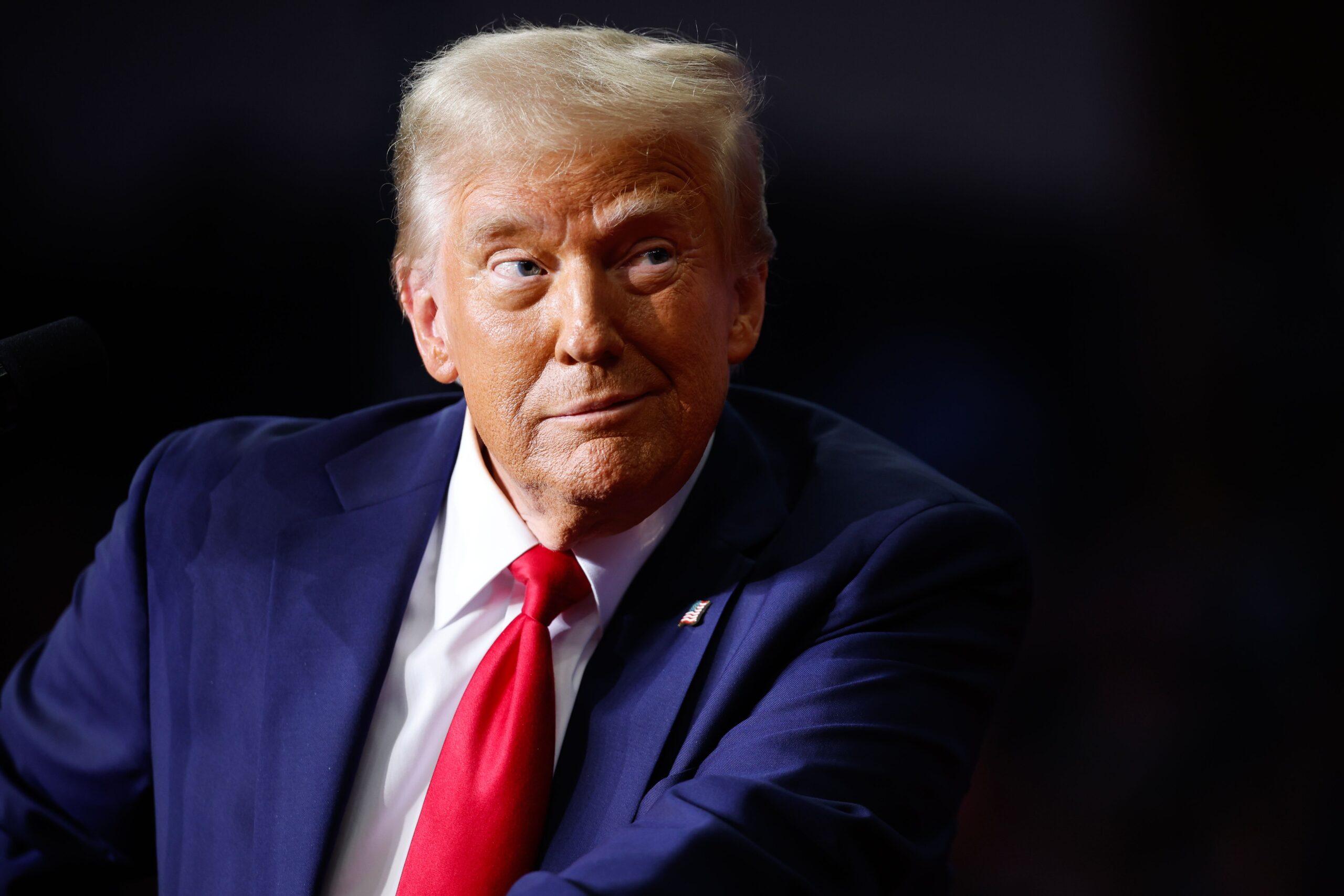It took more than a decade for institutions to take bitcoin (BTC) seriously as an investment vehicle, even though well-known financial pioneers had embraced the market’s largest cryptocurrency years earlier.
But just a year after the launch of spot Bitcoin exchange-traded funds (ETFs), which have been adopted by pension funds, hedge funds and even universities, one issuer is going even further.
The latest filings with the Securities and Exchange Commission aim to bring to market coin ETFs, such as those tracking dogecoin (DOGE) or U.S. President Donald Trump’s Trump coin (TRUMP).
This is not only a bold move, as DOGE and TRUMP are much less established and legitimate tokens, especially in the eyes of Wall Street, but meme coins provide no real utility, unlike bitcoin or ether of Ethereum (ETH). Their value comes simply from people’s belief that it’s worth making the launch of an ETF tracking the coins an ethical debate.
“Opinions vary widely on the value of meme coins. I don’t see their long-term value, but others have different opinions,” said James Angel, an affiliate professor at the Psaros Center for Financial Markets and Policy at Georgetown University. “However, a sponsor of a meme coin-based ETF must be very careful in marketing the ETF. It would be highly unethical to market such an ETF as a prudent investment vehicle.
Steve McClurg, former CEO of Valkyrie and founder of Canary Capital, a hedge fund that has applied for several non-meme coin crypto ETFs, said he is personally not a fan of memecoin ETFs and that although the company has considered to file an application, she ultimately decided not to.
“I don’t know how you can be a trustee managing an ETF knowing that the basis of your underlying [asset] is intended and designed to achieve zero,” he said. Although meme coins are not technically designed to reach zero, they are very likely to collapse once the hype around them dies down.
Nonetheless, he believes memecoin ETFs will eventually be approved. Former SEC Chairman Gary Gensler, who resigned Monday after Trump became president, has so far approved several Bitcoin and Ethereum spot ETFs, but has refused to acknowledge a potential Solana ETF (SOL), for which several issuers had filed initial documents.
More than 30 other requests are still pending, including three related to memecoins.
“It is very difficult for the SEC, where the president chooses the commissioners, to refuse a coin issued by the president,” he said.
Meme coins have long divided the crypto community. Some find them fun to trade because they can quickly generate large profits through so-called pumps and dumps, but others find them troubling, especially when they are issued by the president of the country.
“Call me old-fashioned, but I think presidents should focus on running the country and not launching fraudulent tokens,” said crypto influencer and venture capitalist Nic Carter in an article on X. Carter said been a strong supporter of Trump.
Carter believes there are multiple conflicts of interest when presidents start or run a company, let alone launch a cryptocurrency or DeFi protocol for which they are setting policy. Newly inaugurated President Donald Trump introduced a crypto lending platform called World Liberty Financial last year.




